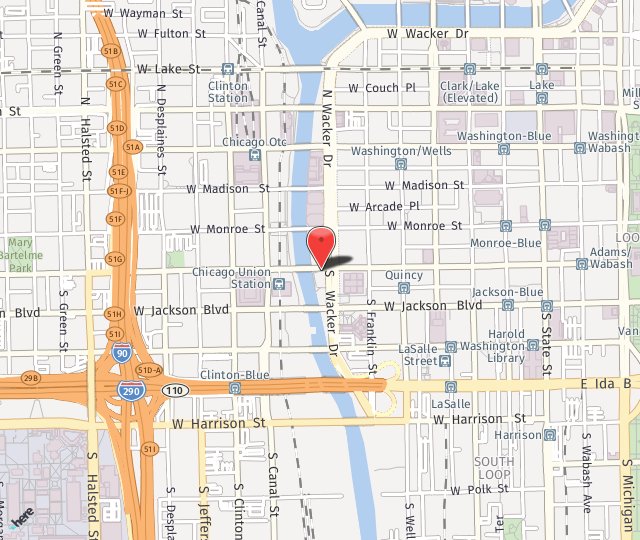Most people do not pay much attention to printed receipts. Those little scraps of paper end up crumpled in pockets, littered on the sidewalk, or tossed into trash cans. But wait — do they contain sensitive personal information that could open you up to credit card fraud and identity theft?
As long as retailers comply with the law, it should be impossible for thieves to get your full card number from a receipt. That is because merchants are required to truncate credit and debit card numbers when printing receipts in order to protect their customers. It is a necessary practice under the federal Fair and Accurate Credit Transaction Act (FACTA).
Typically, card number truncation is defined as masking all but the last five digits of the card number by using * or X. If any other digits are shown, it may count as a FACTA violation.
Examples of proper card truncation include XXXXXXXXXXX12345 and ***********12345. Keep in mind that the expiration date is also sensitive information that should not be printed under federal law. These rules apply to all hardcopy receipts, however, they do not apply to electronic ones.
It is a good idea to check your receipts and make sure that your card numbers are being truncated. If you find a receipt where this is not being done, you may have a legal claim.
Some retailers are unaware of their responsibility under FACTA, which has been in effect for all businesses since December 1, 2006. Others knowingly use outdated machines.
Our attorneys are committed to reminding these merchants of their obligations. We also work to obtain compensation for the damages that our clients have suffered. We have secured six and seven-figure class action settlements in Fair and Accurate Credit Transactions Act cases.
Schedule a Free Consultation
Are you aware of a FACTA violation involving your credit card number, debit card number, or card expiration date? Your account and identity may be at risk.
Call 888-517-9115 to schedule a free consultation with our experienced consumer protection attorneys. Markoff Leinberger serves clients from Chicago, Illinois and across the country.

